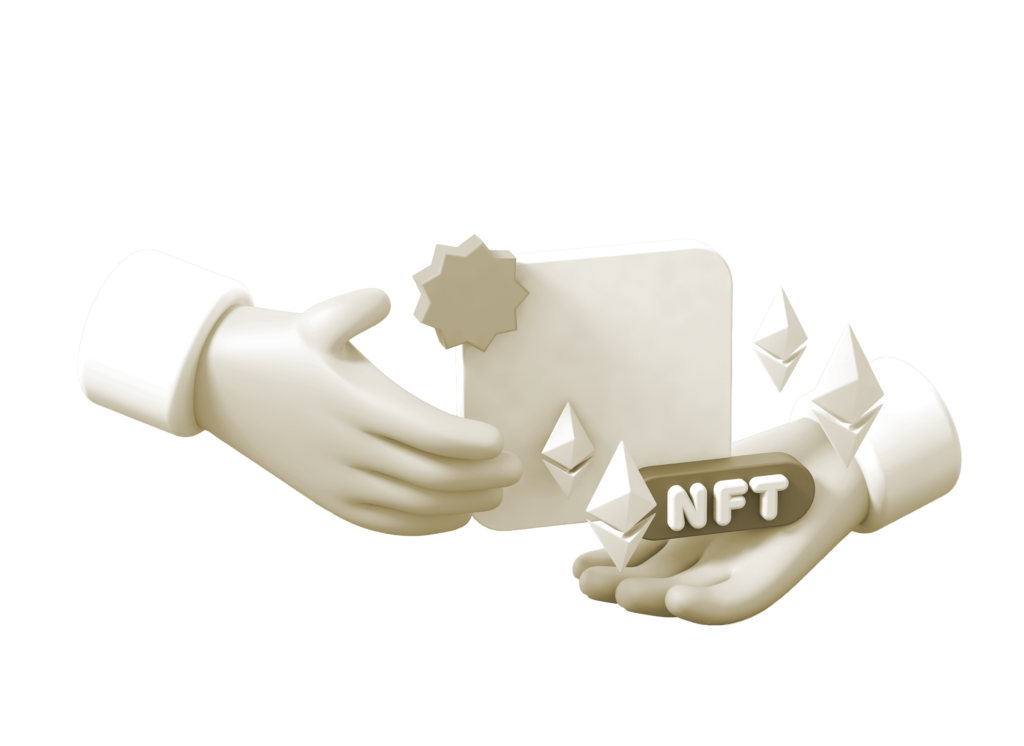The abbreviation NFT stands for Non-Fungible Token. NFTs are not interchangeable. An NFT is, therefore, a digital object that can be assigned to a person. Each NFT is unique! This is an essential difference to well-known fungible coins and tokens such as Bitcoin or Ethereum. All coins and tokens are the same as classic cryptocurrencies – not so with NFTs.
To explain, we take the classic fiat currency euro (even if every banknote is registered). Each euro represents a fixed purchase amount and is fungible – exchangeable. It is, therefore, irrelevant which 100 euro note is used when paying. All notes of the same denomination are freely interchangeable. In contrast, a real “van Gogh” painting is not exchangeable and, therefore, not fungible as it only exists once. The painting differs from other van Gogh paintings and other artists – it is unique.





